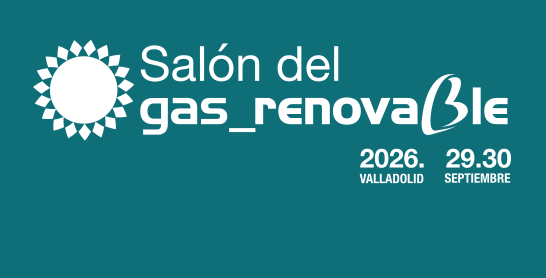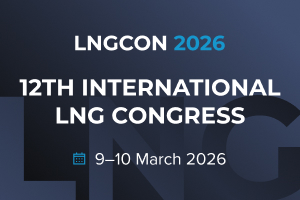“Ireland needs over 100 AD plants in order to hit targets”

Philip has been working in Ireland’s energy sector for over a decade. He began by working in Gas Networks Ireland (TSO & DSO), mainly focusing on decarbonisation projects including biomethane and carbon capture and storage (CCS).
“I then had a unique opportunity to complete a two-year secondment at the Department of Environment, Climate and Communications. Here I developed the intended positions for the department on the Renewable Heat Obligation, which will be the route to market for the majority of biomethane projects in Ireland.”
Following that, he moved to KPMG, where he worked on the energy advisory team: “Most of my time was focused on biomethane, developing Ireland’s National Biomethane Strategy for the Department of Agriculture and assisting on multiple sell-side engagements for anaerobic digestion (AD) assets across the UK and Ireland.
"I now sit in ESB’s Future Opportunities team as policy manager, looking at what technologies will play a key role in our Net Zero 2040 Strategy.”
Ireland’s 2030 targets
Philip explained that Ireland is targeting 5.7 TWh of indigenous biomethane production by 2030 — and that this will require the development of over 100 AD plants. However, at the moment, there is only a small number in construction. There are 20-30 sites with full planning permission, and a pipeline of projects sufficient to meet or get very close to the target.
“The key metric of operational plants doesn’t make for great headlines either, with just one operational plant, in Donegal (currently injecting in Northern Ireland). AD projects in Ireland are also hampered by lengthy planning processes, appeals, costly grid infrastructure and long environmental permitting timelines.
He explained that the Irish biomethane sector has been hampered by consistent delays to policy. The country’s Renewable Heat Obligation (RHO) has been in development for over four years, and has held two public consultations.
“The RHO is the only viable route-to-market for developers in Ireland due to a lack of operational support. As recently as last June, the minister responsible for implementation promised a packed conference that the scheme design would be published by the end of Q3 2024.
“At the time of writing (Q2 2025), there has been no meaningful update to the sector. The RHO needs to be implemented without delay if Ireland is to have any chance of meeting its 2030 target for biomethane. Developers require certainty of off-take before committing €20 million+ into a project, and if uncertainty continues, we will miss our targets by a substantial amount.”
2025 International Congress and Expo
Philip will take to the stage at this year’s event.
“Having been heavily involved in the development of Ireland’s policy on biomethane, I intend to discuss where Ireland is and how we might get to our 2030 targets. There is lots of interest from investors in the biomethane sector in Ireland, so I hope to give them a view on the potential and what to keep an eye out for.”
He added that he attended the event last year, and was impressed with the level of attendance, both in terms of numbers and having the right people in the room.
“It is a valuable networking opportunity for the sector, and I hope to connect with developers, investors and policymakers on the day.”
Philip Connolly will be a speaker at the 2025 International Biogas Congress and Expo. To register your place, visit: bioenergy-news.com/conference


















